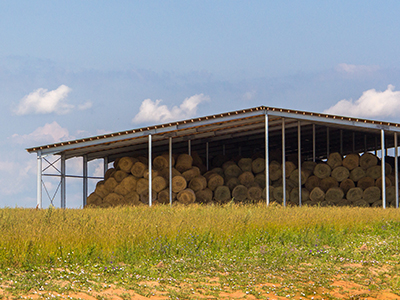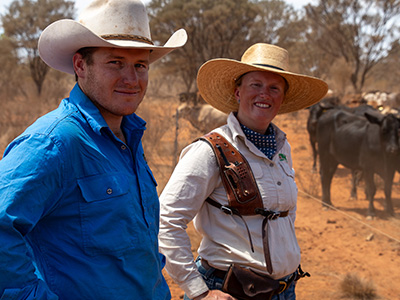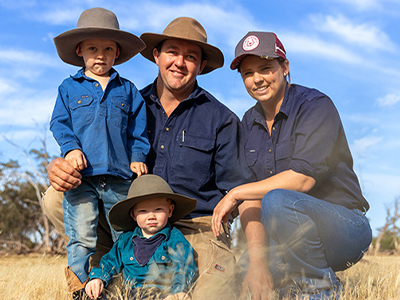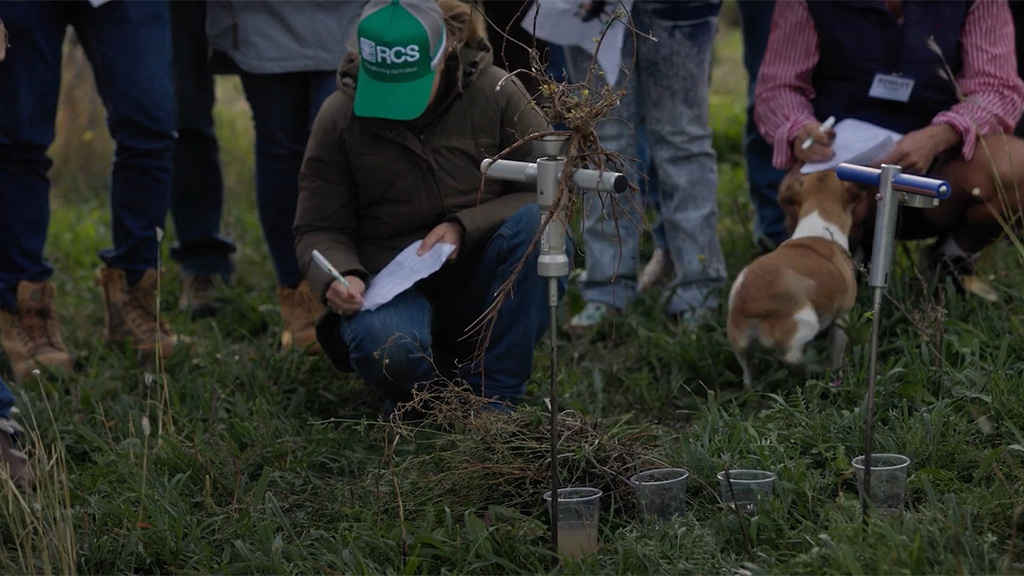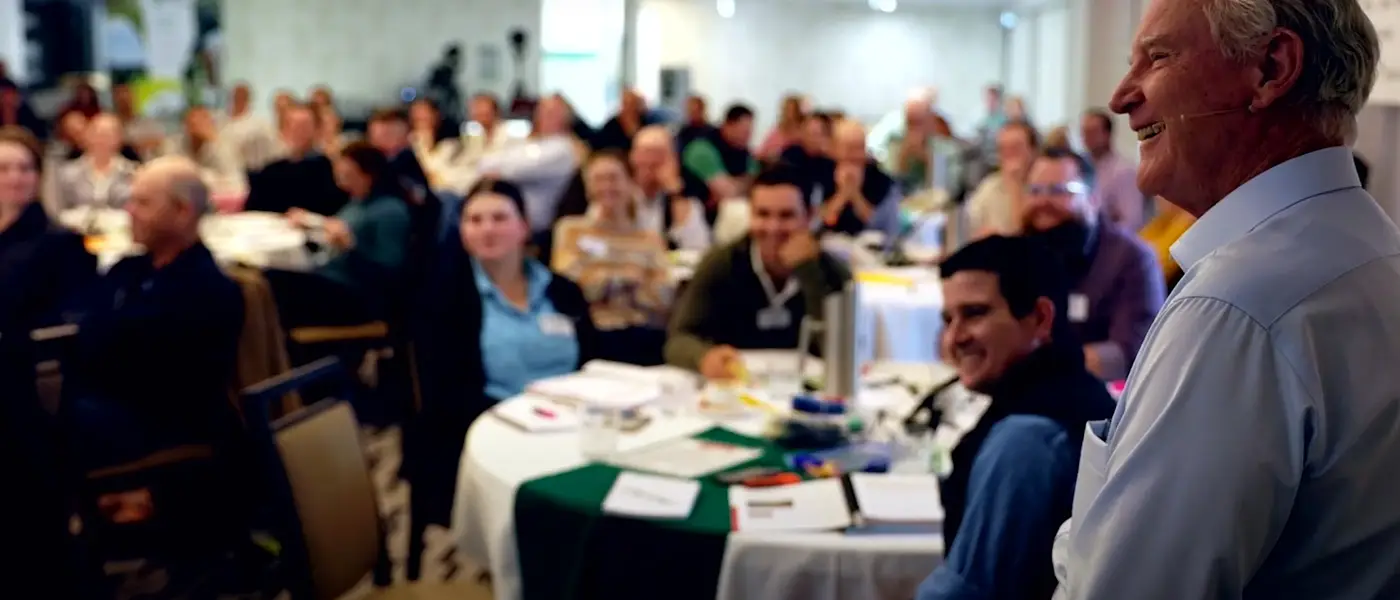The Ever-Present Force of Change
Fred Provenza challenges the idea that things ever really stay the same. He throws a spanner in the works, reminding us that change is the only thing we can truly rely on. From empires that crumble to species that die out, change is what allows life to survive and adapt.
This idea has a lot to do with the way our tastes change too. Remember the dishes Nanna used to make that seem a bit weird now? Well, that’s change in action, as new and trendier foods take their place. We’ve got to learn how to handle these shifts in our food habits, and the bigger changes to how we farm and manage our environment.
Fossil Fuels: On Their Way Out
Provenza points out how much modern farming depends on fossil fuels – the problem is, they won’t last forever. It’ll have a huge impact on the way we grow, process, store, and transport food. Sounds like a lot to deal with, but Provenza sees this as a chance to start supporting sustainable ways of farming. Ways that put healthy soil, plants, animals and people at the heart of it all.
Understanding Palatability: It’s Not Just About Taste
If someone tells you they like or don’t like a food just because of the taste, Provenza would tell you to dig a bit deeper. Taste is only the first part of something way more complex: palatability. Our food choices are shaped by a network in our bodies that mixes up basic nutrients (like sugars and protein) with all sorts of other stuff (phytochemicals). Our body gives us signals all the time about what it wants, and that’s why our tastes are always changing.
It Takes a Whole Body to Eat (Not Just Your Microbiome!)
Provenza reminds us that, sure, the microbiome’s important, but it’s just one organ we use to figure out what to eat. It’s a bit silly to think there could be one perfect diet for everyone. We’re all individuals and what our bodies want is going to be different for each of us – just ask Claire Sylvia. After a heart and lung transplant, her tastes (and even her personality!) changed a fair bit.
The Way We Were Raised Shapes the Way We Eat
The food we first experience makes a big difference to the choices we make later on. Provenza highlights how what we are exposed to in the womb, and in our mother’s milk, sets the stage for our tastebuds. Our bodies sort of learn what they like (and don’t like) before we’re even old enough to make our own food decisions. That’s why offering kids lots of different foods when they’re young is so important.
Back to Wholesome Ways
Provenza remembers growing up with veggie patches, herb gardens, and meals cooked from scratch. These days, it’s hard to find that kind of food – instead, we’re bombarded with food that’s been messed with in a factory. Not only is our health worse off for it, but we’ve lost touch with where our food truly comes from.
Plant Diversity is Key (For Animals and Us)
Landscapes with plants of all different kinds are crucial for the health of the planet and everything that lives on it. For animals in the wild, or on farms, that diversity acts like a giant medicine cabinet. We get a similar boost from farming methods that focus on healthy soil and lots of different plants. Studies have even shown that eating meat from animals raised this way offers extra health benefits for us humans.
Forget the Supermarket: Reconnect With Where Your Food Comes From
Provenza wants us to ditch the supermarket aisles and get back in touch with our food’s origins. Veggie patches, foraging local herbs, keeping a few chooks, planting native berries – these things not only put good food on our plate, but build a stronger connection with nature. When we watch food grow, we understand how precious it is.
The Takeaway
Fred Provenza’s talk makes it clear that when it comes to food, health, and nutrition, the world is changing fast. By looking to the way nature works, and trusting our bodies’ wisdom, we can find a way to eat well, for ourselves and the planet.
